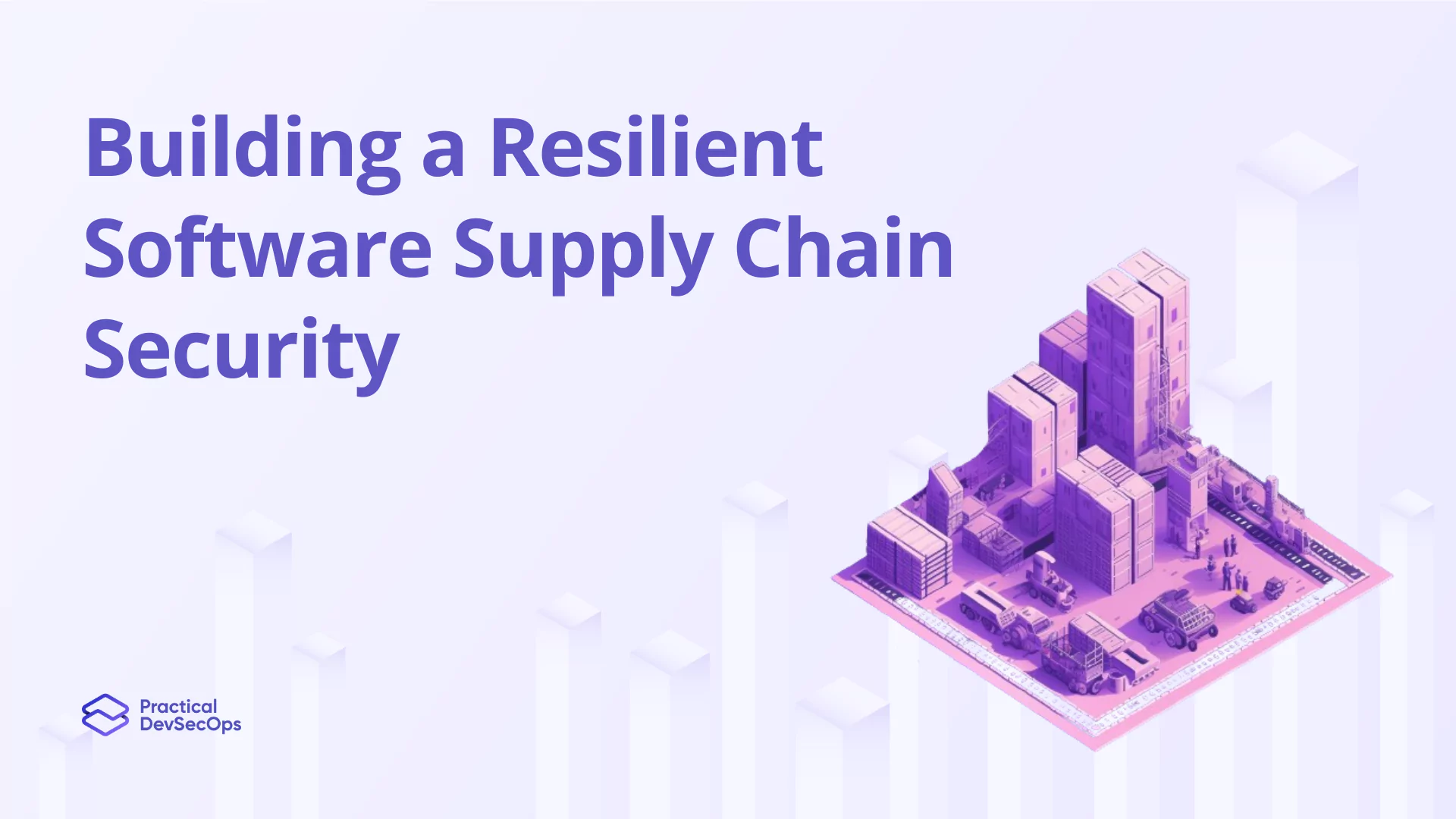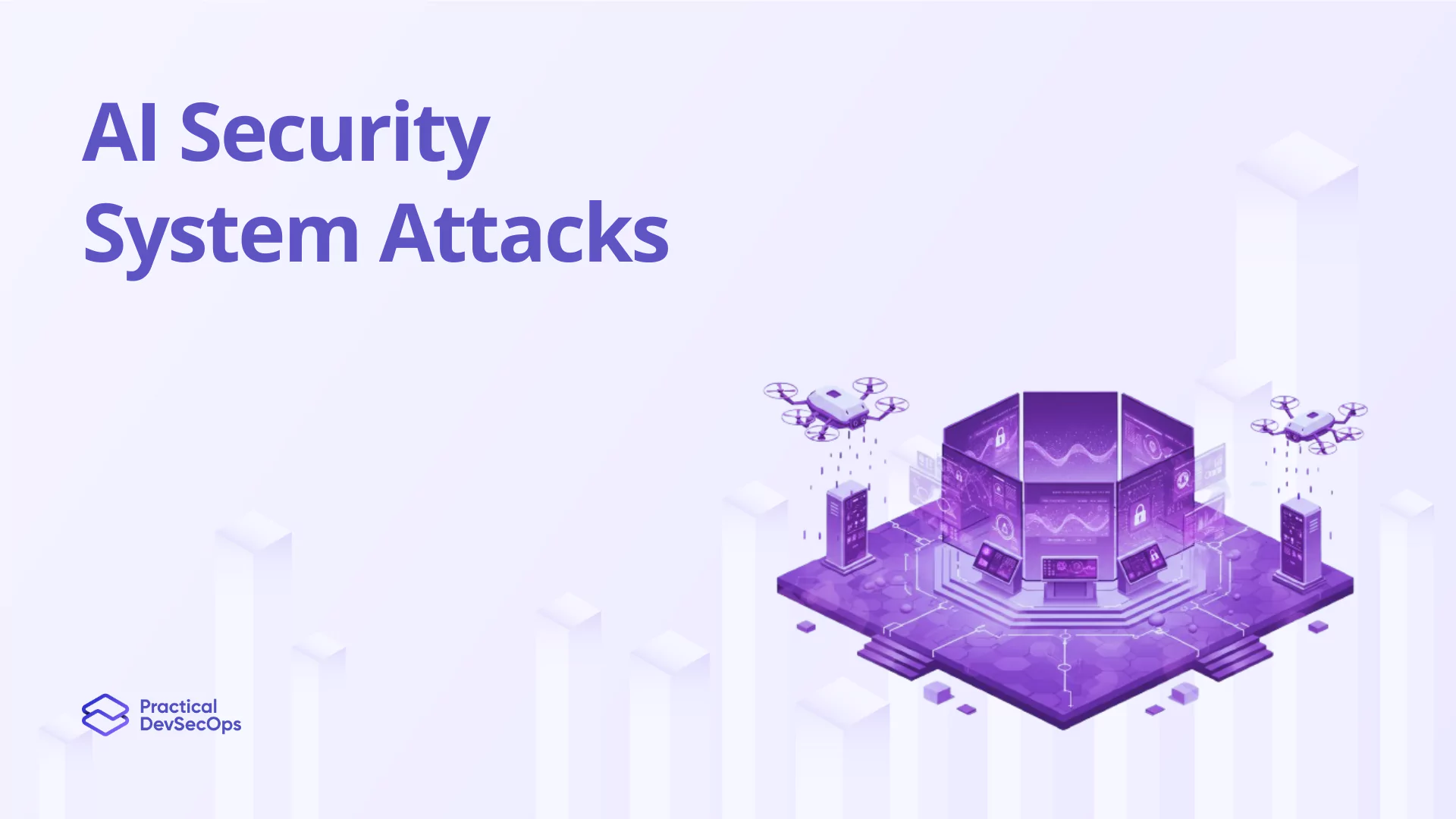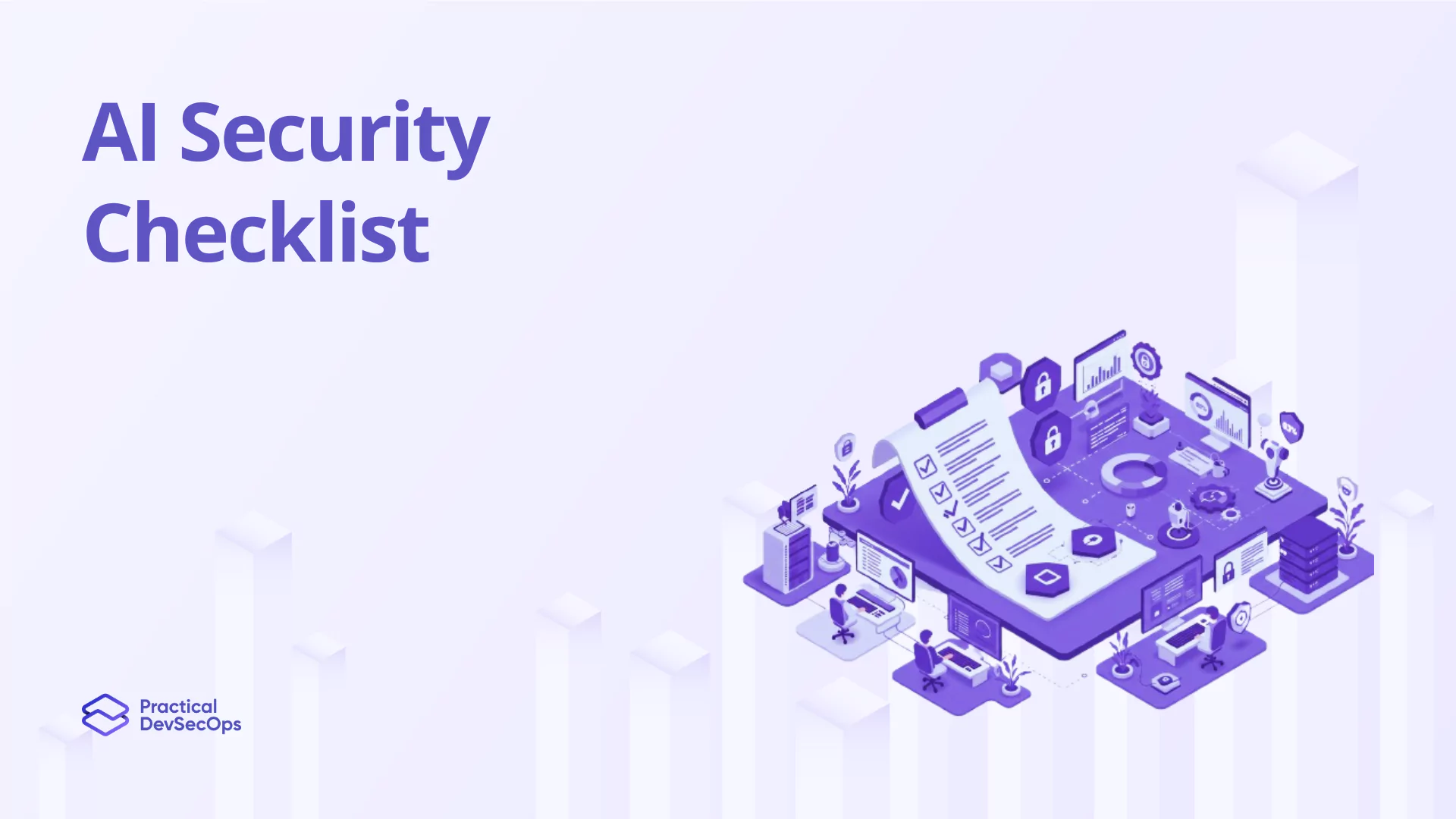In the modern age of technology, safeguarding software supply chains is crucial. It ensures that the flow of code remains protected against cyber threats.
As organizations continue to depend on software, ensuring its integrity becomes increasingly important.
Moreover, IT security professionals can enhance their defenses and uphold trust in the digital supply chain.
Understanding Software Supply Chain Security
Software supply chain security is a critical practice involving methods, procedures, and tools to protect software integrity and security across its lifecycle, from development to maintenance. It addresses the entire process, aiming to reduce cyber threats and vulnerabilities targeting software components. Implementing strong security measures enables organizations to prevent unauthorized access and data breaches, ensuring their software assets remain confidential, integral, and available.
Software Supply Chain Management
Software supply chain management ensures the secure development, distribution, and deployment of software through:
Vendor Management: Evaluating, and Selecting the best, reliable software component suppliers.
Dependency Management: Reducing risks from outdated or vulnerable components.
Version Control: Tracking changes to maintain software integrity.
Risk Assessment: Keep on assessing & Mitigating security threats from external dependencies and channels.
Compliance Management: Adhering to relevant regulations and standards for software security.
Importance of Software Supply Chain Security for Organizations
Organizations emphasize more on software supply chain security to protect against cyber threats and to minimize risks.
Ignoring this aspect can result in unexpected data breaches, financial loss, and damage to reputation.
By following strong security practices, organizations can shield sensitive information, reduce financial threats, and uphold customer and stakeholder trust.
Actively managing software supply chains maintains software integrity and reliability, lessening the chance of security events and their negative effects on business and brand image.
Implementing Cybersecurity in the Software Supply Chain
Cybersecurity within the software supply chain is critical, given the extensive challenges and risks involved. Attackers could target vulnerabilities and attack vectors, compromising software integrity.
The attacker’s follow different tactics like malware injection, dependency confusion, and supply chain poisoning.
In the absence of stringent cybersecurity practices, organizations risk adversaries breaching their supply chains, resulting in data leaks, system breaches, and reputational harm.
Nowadays, cybersecurity measures are the most important for enterprise’s mitigating these risks, protecting sensitive information, and maintaining the reliability of software products from development to deployment.
Tools for Software Supply Chain Security
Dependency scanners, static analysis, and software composition analysis (SCA) tools are essential for strengthening software supply chain security.
They help identify vulnerabilities in third-party dependencies, and detect code-level vulnerabilities.
It checks software components for known issues by facilitating compliance and risk management.
With various features like automated scans, real-time alerts, and actionable insights, these tools enable organizations to proactively manage risks, develop secure code, and ensure the integrity and resilience of the software products across their lifecycle.
Frameworks and Standards for Software Supply Chain Security
Already, established Frameworks in the market such as the NIST Cyber Supply Chain Risk Management (CSCRM) and the Software Bill of Materials (SBOM) standard offer guidance to organizations aiming to bolster supply chain security.
These lay-out structured methods for risk assessment and mitigation by ensuring compliance.
By following these guidelines organizations can establish solid security practices, such as managing vendor risks, handling vulnerabilities, and promoting transparency.
Adopting such proactive strategies allows for the effective identification and mitigation of security risks, building trust with stakeholders and safeguarding the integrity of software supply chains.
Leveraging APIs in Software Supply Chain Security
APIs are crucial for boosting software supply chain security. It’s enabling smooth integration among various software components.
They support automated security inspections and verifications, simplifying the detection and resolution of vulnerabilities.
By using APIs, organizations can set up strong security measures throughout their supply chain, thus ensuring the integrity and dependability of software products.
Types of Software Supply Chain Attacks
Software supply chain attacks, such as malware injection, dependency confusion, and supply chain poisoning, undermine software component integrity, resulting in security breaches and data theft.
The SolarWinds incident, where malicious code was inserted into software updates, affected numerous organizations.
Likewise, the Apache Log4j vulnerability demonstrated how dependency confusion could let attackers remotely run code. These examples highlight the urgent need for strong supply chain security to reduce risks and shield organizations from cyber threats.
Addressing Software Supply Chain Security Issues
In the software supply chain, critical security concerns include vulnerable dependencies, obsolete components, and insufficient validation methods. To address these issues, organizations can adopt several protective strategies:
- Performing frequent security evaluations and audits.
- Utilizing automated tools for scanning dependencies.
- Applying rigorous validation and verification procedures.
- Adhering to secure coding standards and implementing version control.
- Partnering with reliable vendors and keeping a centralized record of software.
Conclusion
In today’s digital landscape, safeguarding software supply chains is important. Prioritizing proactive management, robust cybersecurity measures, and leveraging tools and frameworks are very essential steps. Organizations can fortify their resilience against evolving threats and maintain trust with stakeholders.
Investing in training programs like Practical DevSecOps Certified Software Supply Chain Expert helps individuals to navigate through complexities confidently. To secure your organization’s future, enroll today to safeguard against digital attacks.







0 Comments